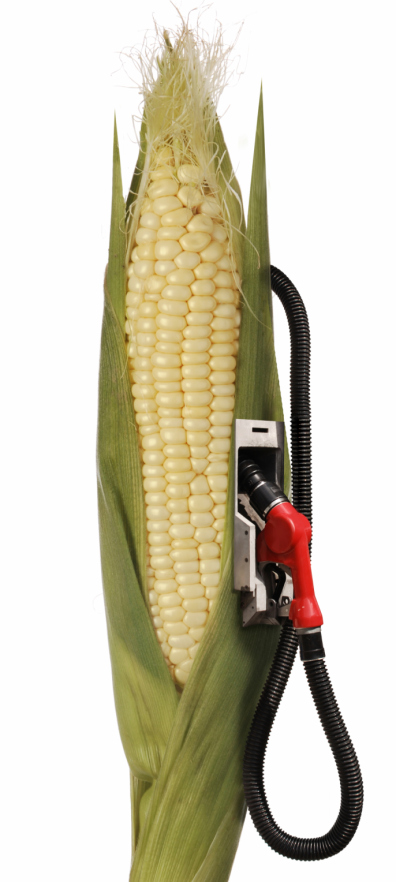New Mexico’s House of Representatives failed to pass SB 14, the Enacting the Clean Fuel Standard Act.
Although the bill passed the Senate, where it originated, a tie vote in the House resulted in it not being passed before the 2022 Legislative session expired.
SB 14, sponsored by Sen. Mimi Stewart (D-Albuquerque), would have required a 20 percent reduction in carbon dioxide intensity of transportation fuels refined, blended or produced in the state by 2030 from the 2018 levels and a 30 percent reduction in carbon dioxide intensity by 2040.
The bill also would have established a carbon credit trading system that various sectors of the economy, for instance, agriculture, electrical generation, and the oil and natural gas industry would have participated in.
Tax on Gasoline
SB 14 amounted to a tax on gasoline that would lead to in increased costs which would disproportionately fall on rural and low-income New Mexicans, House Minority Leader James Townsend (R- Artesia) told the press in a statement.”
“You’re proposing a bill that is going to increase fuel prices,” said Townsend’s statement. “You cannot talk about this without talking about the burden on the backs of New Mexicans.
“I think the people of New Mexico won,” said Townsend. “New Mexicans said they didn’t want to pay higher prices for gasoline just to support the governor’s initiatives. We were able to stop the Clean Future Act that would have destroyed the oil and gas industry and the economy in southeast New Mexico.”
Resources Cleaner Than Ever
The Clean Fuel Standards bill shows how out of touch elites are with the concerns of everyday working-class folks, says Gary L. Stone, P.E., executive vice president of Engineering, FiveStates Energy in Dallas, TX.
“SB 14 was obviously championed by urban Democrats on the false basis of our need to prevent ‘catastrophic human-caused climate change,’ the same climate that has been constantly changing for the past 4 billion years or so, with no regard for the effect is would have on rural-and-small-town-living New Mexicans, who, like their neighbors in West Texas, drive long distances each day in their jobs and recreation,” Stone said. “Onerous artificial standards and high gas prices will only increase the cost of daily living, especially for the working poor and middle-class.
“Our land, water, and air are cleaner than they’ve been in decades,” Stone said. “The children crying the ‘wolf’ of climate change will continue until they completely bankrupt society in their quest for spending and regulations to ‘stop’ what can’t be stopped, or until people rise in mass to stop them.
Higher Prices Harm the Poor
This bill failed because this program is bad policy, says Tim Benson, a senior policy analyst at The Heartland Institute, which co-publishes Environment & Climate News.
“A clean fuel mandate would disproportionally impact lower-income New Mexican households by raising the price of motor fuels, which increases the price of goods and services across the economy and makes it more expensive for people to travel back and forth between home and work,” Benson said. “Lower-income households are the least likely to be able to absorb these new costs.”
Kenneth Artz (KApublishing@gmx.com) writes from Dallas, Texas.



























[…] post New Mexico Clean Fuel Standards Bill Fails appeared first on Heartland Daily […]